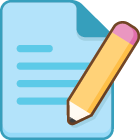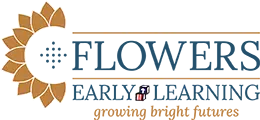
Reading and writing through a wide variety of experiences. They learn to recognize and use written symbols on labels, charts, graphs, personal books, signs, and their own pictures. They learn about letter names and sounds.

Concepts related to mathematics. They practice classifying, ordering, patterning and counting with many kinds of materials. They use numbers in games, projects, charts and graphs, measuring, songs and so on.

To be active problem solvers as they use all kinds of materials to experiment and explore. Science areas and activities offer opportunities to try out ideas, make observations and do experiments. Interesting projects from making mixtures to testing magnets to growing plants engage children’s curiosity.

To use their natural creativity. They explore art, music, movement and drama. We provide a wide variety of materials for expressing creative ideas and feelings. Children’s ideas are respected and valued.

Basic fine motor skills so important to future school work. They do this with construction toys, pegboards, play-dough, and art materials, to name a few. Children exercise their developing gross motor skills. They use equipment and participate in activities planned to challenge their coordination and strength in fun ways.

Independence by making choices and decisions. They learn self-help skills — hand washing, tooth brushing, setting the table, serving themselves at snack and lunch, dressing skills, cleaning up and so on are practiced so often they become routine.

To develop positive relationships with other children and adults. They learn about resolving conflicts in acceptable ways. They’re helped to practice skills of negotiation and expressing feelings in words.

About other cultures and traditions. They learn there are many differences and similarities among people the world over.

Health and safety, children develop awareness about many topics including fire, poisons, and abuse prevention. They learn about nutrition and participate in gardening and cooking activities.
